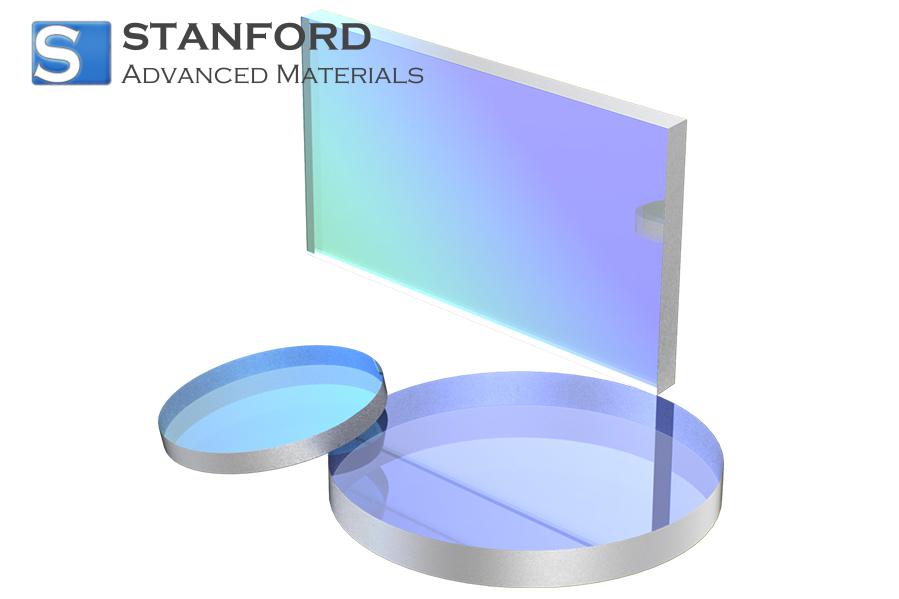How Is Titanium Used In Marine?
Description
Titanium is a metal known for its low density and high resistance to corrosion. It has a lower density than many other metals and performs well under extreme conditions. In various industries, titanium is the primary choice for components that contact corrosive elements.
Why is Titanium Used in Shipping?
Engineers favour titanium for several reasons. Firstly, titanium resists saltwater corrosion better than steel and many other alloys. Salt often causes rust and defects in conventional materials. Titanium forms a protective oxide layer that repairs itself and prevents cracks and degradation.
Secondly, titanium retains its mechanical strength under load. When ships and ship structures are subject to continuous wave motion and varying loads, titanium remains stable. It has a high strength-to-weight ratio; it is lightweight and does not yield under pressure. Consequently, it is chosen for safety-critical components.
Thirdly, titanium is appropriate for environments where near-freezing conditions occur in the deep sea. Its properties remain stable when temperatures decline or pressure increases. Its use in offshore drilling platforms and underwater cable systems has been observed to result in fewer failures over time.
Finally, titanium is employed in shipping because it requires minimal maintenance. Although the initial acquisition costs are high, long-term savings from less frequent repairs and replacements often justify the investment. In many instances, fleets have been modernised with titanium components, thereby reducing overall costs and improving operational efficiency.
How is Titanium Used in Shipping?
Titanium is employed in a variety of ways in shipping. A typical application is its use in fasteners and screws for ship hulls. In the past, steel fasteners rusted quickly in saltwater. Current titanium screws and bolts can last for decades. In some systems, using titanium even in small components helps maintain quality and safety.
On offshore platforms, titanium is used for numerous components. Valves and pipelines are often manufactured from titanium alloys. Under high water pressure or corrosive flows, these parts must perform without frequent inspections or replacements. Titanium pipeline systems in desalination plants and underwater treatment facilities have demonstrated effective performance, enduring high pressures and constant saltwater exposure.
Ship propeller systems also benefit from titanium components. The metal is used in propeller shafts and in certain smaller rotating parts because it reduces wear over time. Its low weight results in reduced loads on bearings. Additionally, titanium alloys are sometimes used in the construction of rudders and other control surfaces on ships. Their enhanced resistance to fatigue ensures prolonged durability given continuous motion and wind forces.
Another area is marine research ships and submarines. In these precisely engineered vessels, weight reduction is essential. Titanium helps to reduce overall mass. In research submarines, titanium hulls have been used for deep-sea explorations. Their ability to withstand significant sea pressure has resulted in more reliable performance and safer underwater operations.
Furthermore, titanium is used for both aesthetic and functional components in yachts. Yacht components must combine appearance with practicality. The metal provides an elegant finish that enhances overall appearance and offers extended performance under harsh marine conditions. Many modern superyachts use titanium for fittings, railings and even cladding components.
Further reading: Titanium in Ship Engineering
Conclusion
Due to its high resistance to corrosion and its excellent strength-to-weight ratio, titanium has proven its utility in shipping. Its ability to withstand harsh saltwater conditions and extreme pressures makes it a preferred material in ship engineering.
Frequently Asked Questions
Q: Why do ship engineers opt for titanium?
A: Titanium is corrosion-resistant, retains its strength under load and demonstrates durable performance in saltwater.
Q: For which ship components is titanium primarily used?
A: Titanium is used in fasteners, valves, pipeline systems and hull components in shipping.
Q: What advantages does the light weight of titanium offer to ships?
A: Its light weight improves fuel efficiency and reduces the overall load on the ship structure.

 Bars
Bars
 Beads & Spheres
Beads & Spheres
 Bolts & Nuts
Bolts & Nuts
 Crucibles
Crucibles
 Discs
Discs
 Fibers & Fabrics
Fibers & Fabrics
 Films
Films
 Flake
Flake
 Foams
Foams
 Foil
Foil
 Granules
Granules
 Honeycombs
Honeycombs
 Ink
Ink
 Laminate
Laminate
 Lumps
Lumps
 Meshes
Meshes
 Metallised Film
Metallised Film
 Plate
Plate
 Powders
Powders
 Rod
Rod
 Sheets
Sheets
 Single Crystals
Single Crystals
 Sputtering Target
Sputtering Target
 Tubes
Tubes
 Washer
Washer
 Wires
Wires
 Converters & Calculators
Converters & Calculators
 Write for Us
Write for Us





 Chin Trento
Chin Trento


